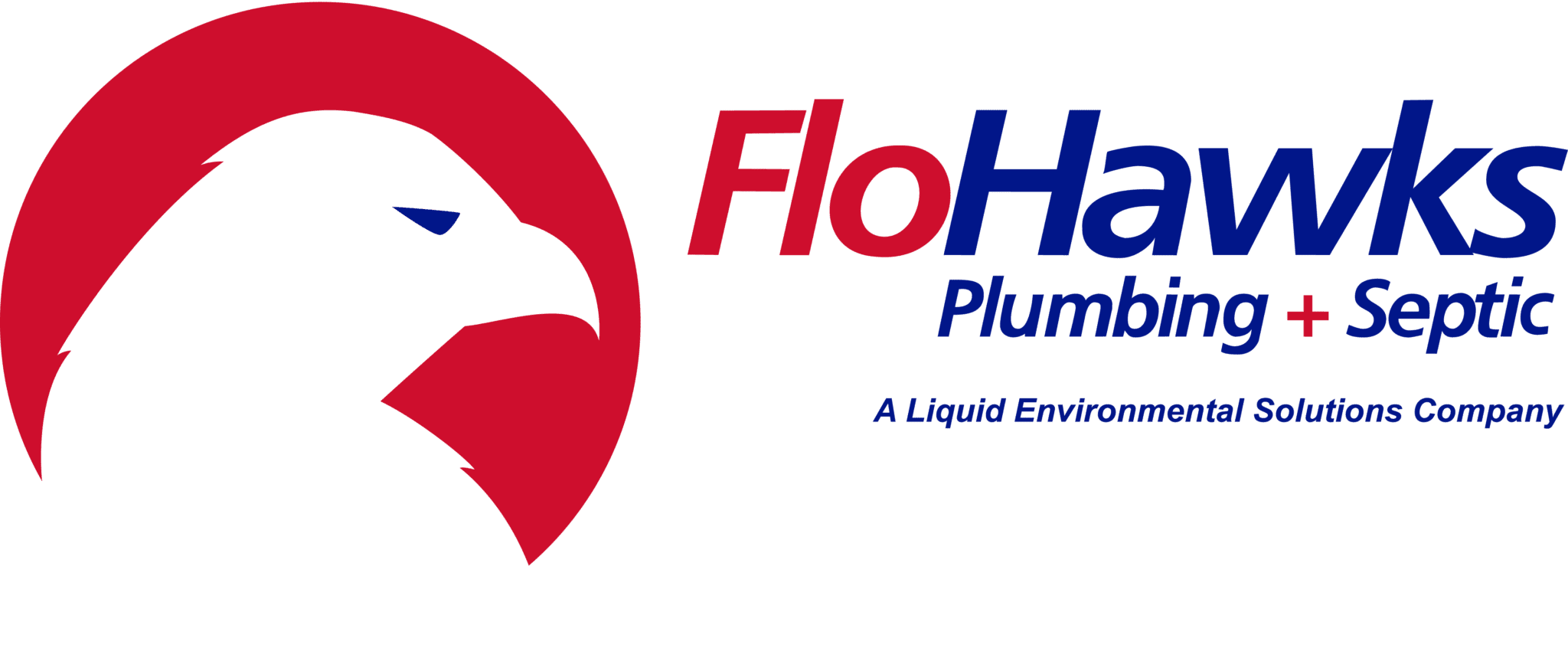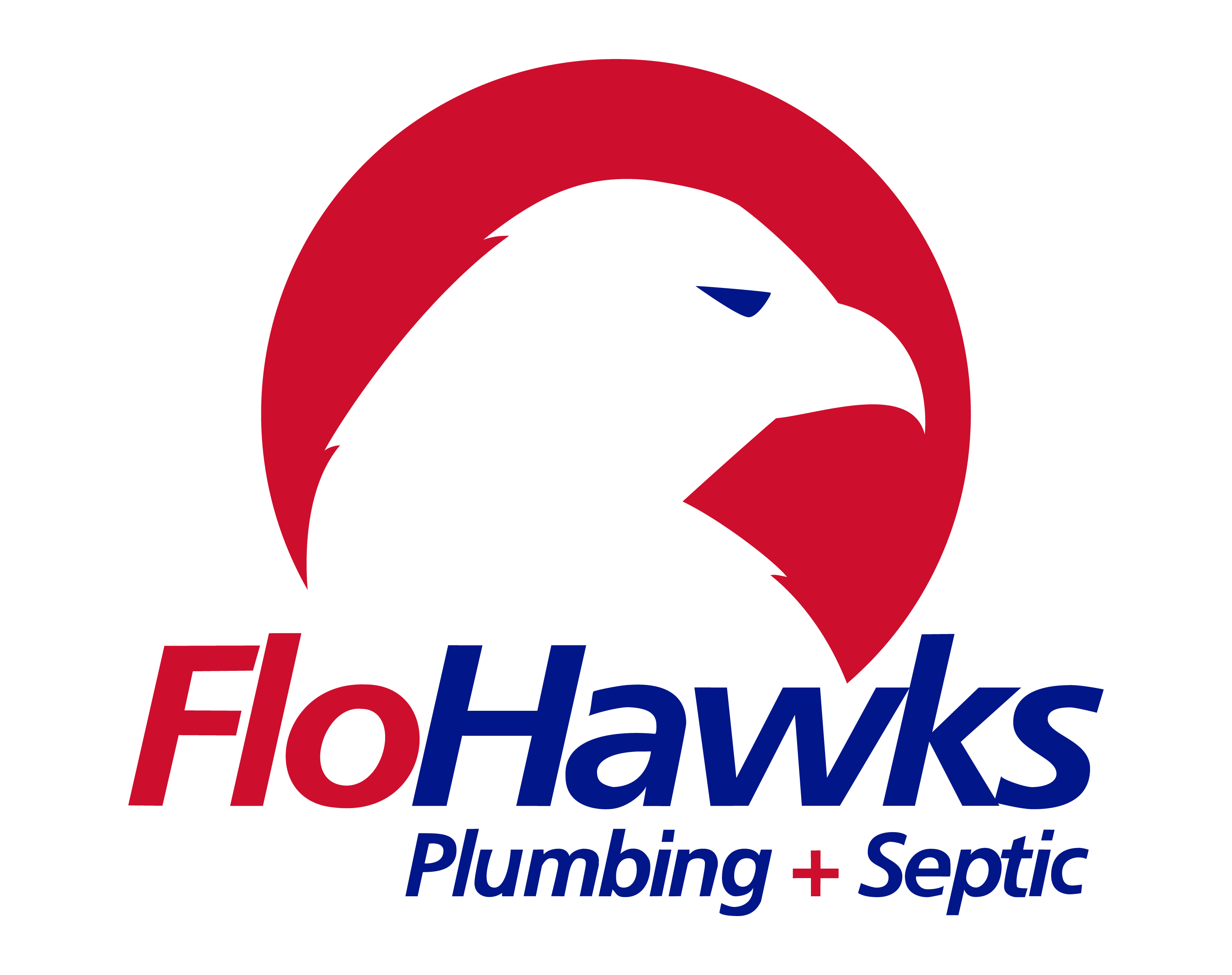The Benefits of Routine Septic Maintenance
When properly designed, constructed, and maintained, your septic system can provide long-term, effective treatment of household wastewater.
They effectively reduce or eliminate most human health or environmental threats. It is likely one of the most underappreciated household systems – an average home can produce 250 to 300 gallons of wastewater per day! But even a well-constructed system and its components require some septic care and maintenance to prevent failure and maximize its useful life. Septic systems require periodic maintenance including pumping of the septic tank once every 3 to 5 years.
Other good reasons for safe treatment of sewage include preventing the spread of infection and disease and protecting water resources. If a septic system is working properly, it will effectively remove most of these pollutants. If your septic system isn’t maintained, it can easily become a neighborhood health hazard, contaminate ground and drinking water, and quickly become an expensive problem to repair or replace. If you sell your home, your septic system must be in good working order.
Being mindful about what you and your family put into your septic system can also extend its useful life.
It doesn’t take much to upset the delicate balance of bacteria within the tank. For more information on how to best maintain your septic system check out FloHawks tips on the proper care and feeding of your septic tank. Improper maintenance is a common cause of early system failure.
Your Go-To Septic Care Pros
Proper operation and maintenance of your septic system are the single most important things that a homeowner can do to maximize the septic system’s lifespan and how well the septic system works. If you need help properly caring for and maintaining your individual septic system, contact the professionals at FloHawks anytime to set an appointment that best fits your schedule. We don’t charge extra for weekends, holidays, or after-hours and are available 24/7.
FAQ
Your tank could be located anywhere around your home. It may be shown on an “as built” – a drawing of the septic system as it relates to your property. If you don’t have one of these drawings or are not sure, we can locate it for you by probing the ground with a bar or using an electronic locating device.












